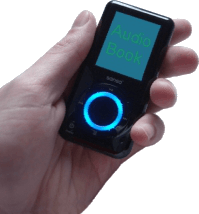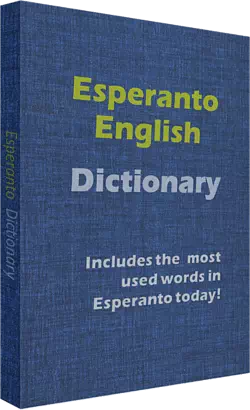Esperanto learning guide : Step 4
In the previous steps, we taught you the words domo, libro and seĝo (house, book, chair). We also taught you how to use the indefinite article in Esperanto to form domo, libro and seĝo (a house, a book, a chair). In this step, we concentrate on how to use the definite article in Esperanto to form la domo, la libro and la seĝo (the house, the book, the chair). You'll see an easy to follow lesson which includes numerous useful examples in both Esperanto and English. To get started with step 1, simply click the 9-step speedometer symbol. Or you can move ahead to step 5, by clicking the Next Step button (The plural in Esperanto).






